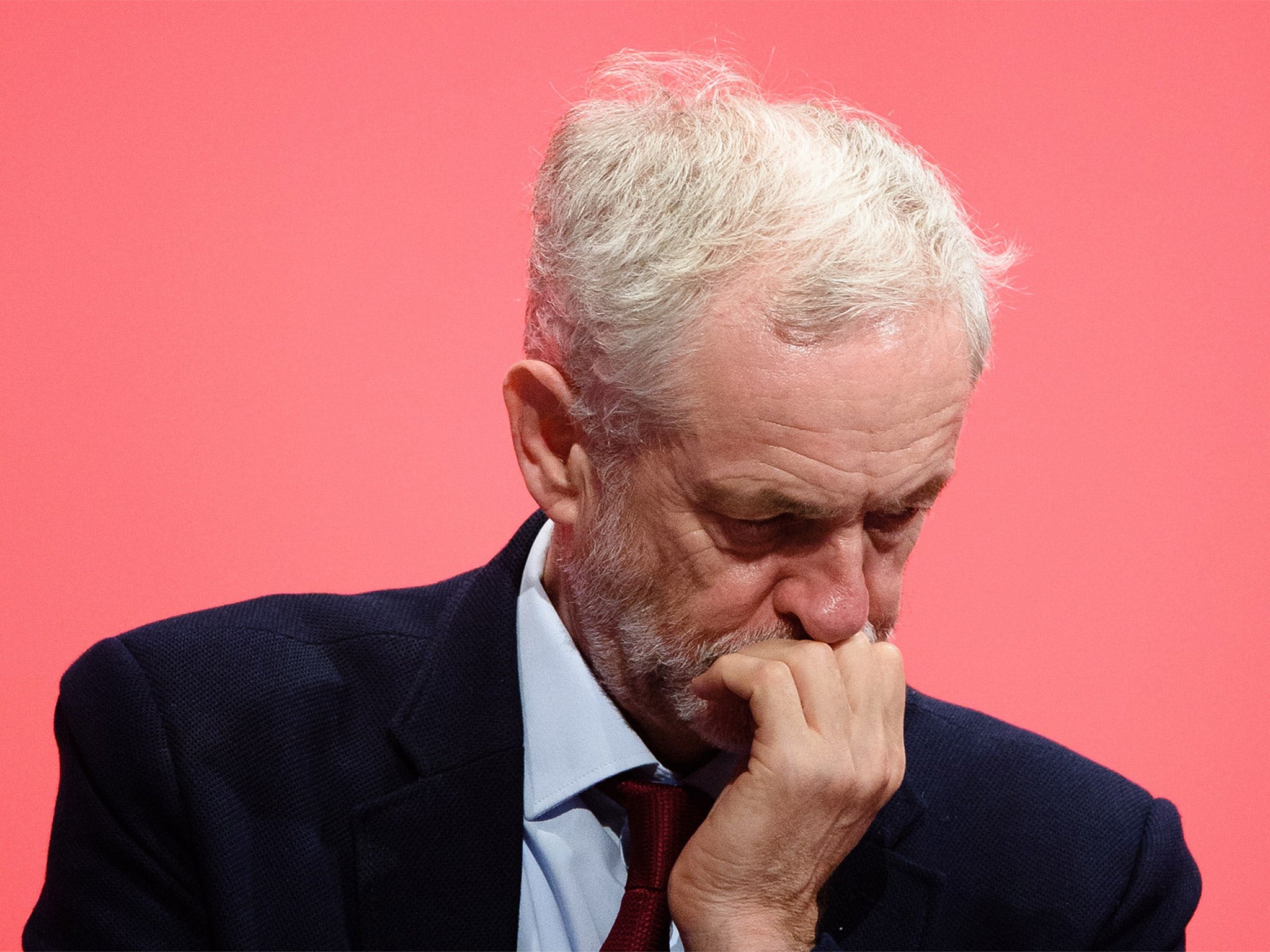In this 24-hour media age, a divided party will always damage itself
The outcry over John McDonnell’s U-turn reflects a potential gulf between sections of the PLP and the Labour leader


Your support helps us to tell the story
From reproductive rights to climate change to Big Tech, The Independent is on the ground when the story is developing. Whether it's investigating the financials of Elon Musk's pro-Trump PAC or producing our latest documentary, 'The A Word', which shines a light on the American women fighting for reproductive rights, we know how important it is to parse out the facts from the messaging.
At such a critical moment in US history, we need reporters on the ground. Your donation allows us to keep sending journalists to speak to both sides of the story.
The Independent is trusted by Americans across the entire political spectrum. And unlike many other quality news outlets, we choose not to lock Americans out of our reporting and analysis with paywalls. We believe quality journalism should be available to everyone, paid for by those who can afford it.
Your support makes all the difference.Maybe Diane Abbott’s decision on the Today programme to – literally – laugh off Monday night’s acrimonious Parliamentary Labour Party meeting will be vindicated. But her insistence that “we know exactly where we’re going” is a stretch.
There are respectable reasons for opposing George Osborne’s "fiscal charter"; Abbott was surely right – in an interview that was not as off-the-wall as her Twittersphere enemies suggested – to describe Osborne’s ruse as “purely political”.
But the outcry over McDonnell’s U-turn reflects something deeper: a potential gulf between sections of the PLP and their leader – one that’s different from the past.
Jeremy Corbyn is the first Labour politician to become leader in an election in which MPs took no significant part. Keir Hardie and Michael Foot, with whom Corbyn is sometimes (somewhat inaccurately) compared, were elected exclusively by MPs. Many MPs lack a sense of “ownership” of him as leader, feeling they were almost casually omitted when the new rules were drawn up under Ed Miliband.
MPs naturally see themselves as especially sensitive to voter opinion. Some Shadow Cabinet members have voiced frustration at several early image-forming aspects of Corbyn’s leadership: his stated refusal to push the nuclear button, not singing the national anthem, and fears that Corbyn’s and McDonnell’s unrecanted republican positions would “double the government’s majority” by inhibiting the Northern Ireland DUP from joining Labour in key votes.
Not that Corbyn – who was creditably on the right side of the Government’s own Saudi U-turn – is currently under threat. While 20 per cent of MPs could nominate a challenger before next year’s party conference, most think Corbyn would resoundingly win again. And that’s not to mention their re-selection fears.
More questionable is how long in the 24-hour media age a gulf between the leadership and much of the PLP could last without serious electoral damage. And the problem extends beyond the PLP. An under-reported feature of the Brighton conference was the unions – notably on Trident – being, as in decades past, a moderating force.
Ms Abbott suggested that some MPs “are only slowly coming to terms with the fact Jeremy won”. Maybe. But another question is whether Corbyn can come to terms with the fact that – important as they are – the members, old and new, are not the entire party.
Join our commenting forum
Join thought-provoking conversations, follow other Independent readers and see their replies
Comments